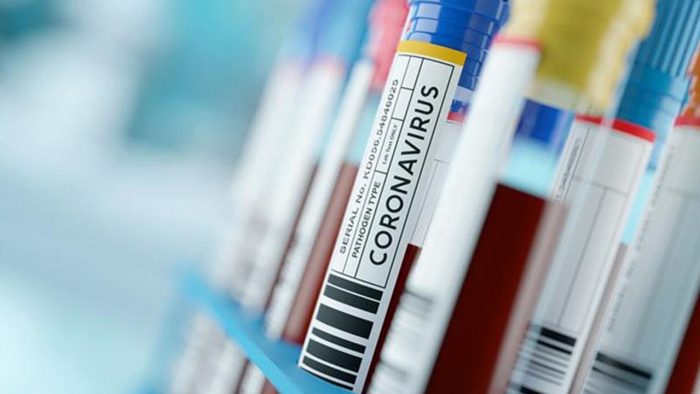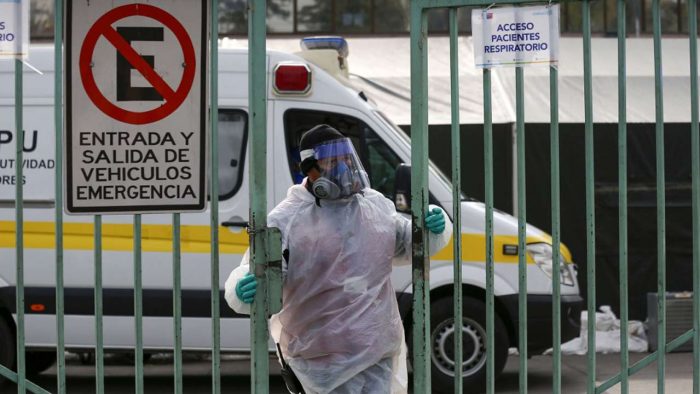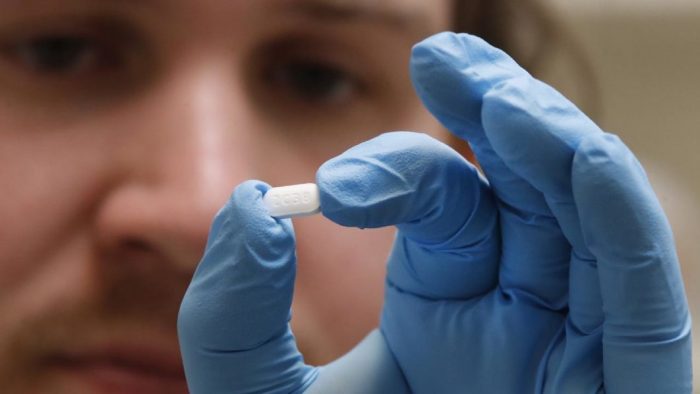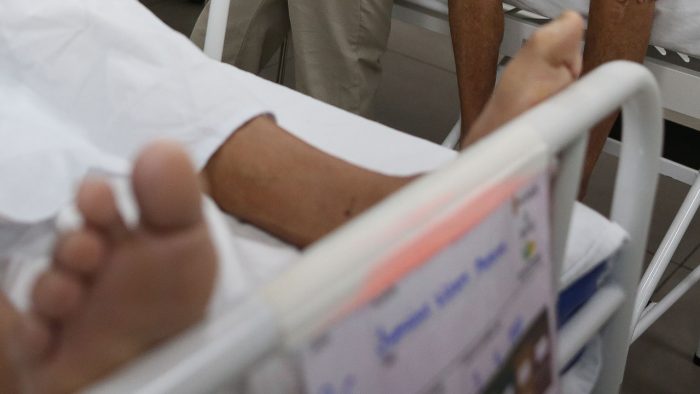The novel coronavirus (COVID-19), a respiratory infection which according to the World Health Organisation (WHO), causes fever, tiredness, sore throat and in severe cases, shortness of breath and respiratory difficulty, is the most challenging health issue the world has experienced in the past few decades.
WHO and other global public institutions have confirmed that the severity of COVID-19 infection is heavily linked with the overall state of the body’s immune system, a reason why people with pre-existing health challenges are said to be most vulnerable to the contagion.
It is, therefore, not surprising that since earlier this year when WHO declared COVID-19 a global pandemic, people are now increasingly mindful of the state of their immune system.
For instance, the shopping lists of households across different parts of the world, including Nigeria, have revealed changes remarkably. CNN reported that the United States retail sales of orange juice jumped about 38 percent in the four weeks ending on March 28 when compared to the same period last year. Also, the Florida Department of Citrus disclosed that there was a spike in demand for 100% orange juice within the same period. The department forecasts a considerable increase in the short-term demand for the commodity.
Just like in the United States, there has been surplus demand for fruit juices in every other part of the world. During the five weeks the Federal Capital Territory, Lagos and Ogun were on lockdown, shops and supermarkets had run out of orange fruit juice stock in the first two or three weeks of the restriction.
In fact, less than a week into the lockdown, my favorite 100% Real Orange Fruit Juice, which would have made the stay-at-home less boring for me, had rapidly been purchased off the shelves in Lagos. The scramble for unavailable raw fruits in the open markets started in earnest. That the restriction on movement cut off a large chunk of the supplies did not help matters.
This major spike in the demand for pure fruit juice, especially the orange category, could be attributed to the immune-boosting power of orange juice. Peter McCaffery, a professor of biochemistry at the University of Aberdeen, said vitamin C, which is contained in orange juice, helps to strengthen the immune system to fight off bacteria and virus infections like the one the world is currently grappling with.
There are still relatively very few studies on the effect of nutrition on the human immune system. Yet, Harvard Medical School in its Harvard Health Publishing says deficiency in zinc, iron, copper, folic acid, Vitamin A, B6, C (which is contained in large quantity in fruit juice) and E have negative impacts on immune responses. Fruit juice contains the vital micronutrients needed to boost immunity.
However, fruit juice intake is just one of the ways to boost one’s immune system. There are several other things one can do to achieve this – adequate sleep, thorough cooking of meat, maintaining good hygiene, moderate intake of alcohol and regular exercise.
There are lots of herbal mixtures on the shelves of local stores with labels containing ‘support immunity’, ‘immune booster’ etc. So far, there is no evidence that such substances can strengthen immunity.
Regular exercise is an essential component of healthy living. It improves cardiovascular function, helps control body weight, removes toxins in the body, increases blood circulation and lowers blood pressure. The result of these is a strengthened immune system that protects the body against infections and diseases. Regular exercise is most valuable when one shuns junk food and sticks to healthy eating habits and balanced diet.
Individuals are often advised to ‘eat well’ as protection against the risk of infection. This advice has become even more relevant since the outbreak of COVID-19. What is missing in this counsel is the real definition of ‘eating well’. It is good to fill your stomach, but at best, that may only give you energy. What about ‘going green’?
Fruits are also an awesome option, but you also need to be sure you are not eating trouble. You really might not know how many hands must have touched the mango or apple you want to eat. Pure fruit juice contains the same nutritional value as raw fruit. So, if you can find a pack of trusted and healthily-processed 100% fruit juice on the store shelf, you will be making a smarter choice considering the prevailing health challenge.
*Malomo is a nutritionist





